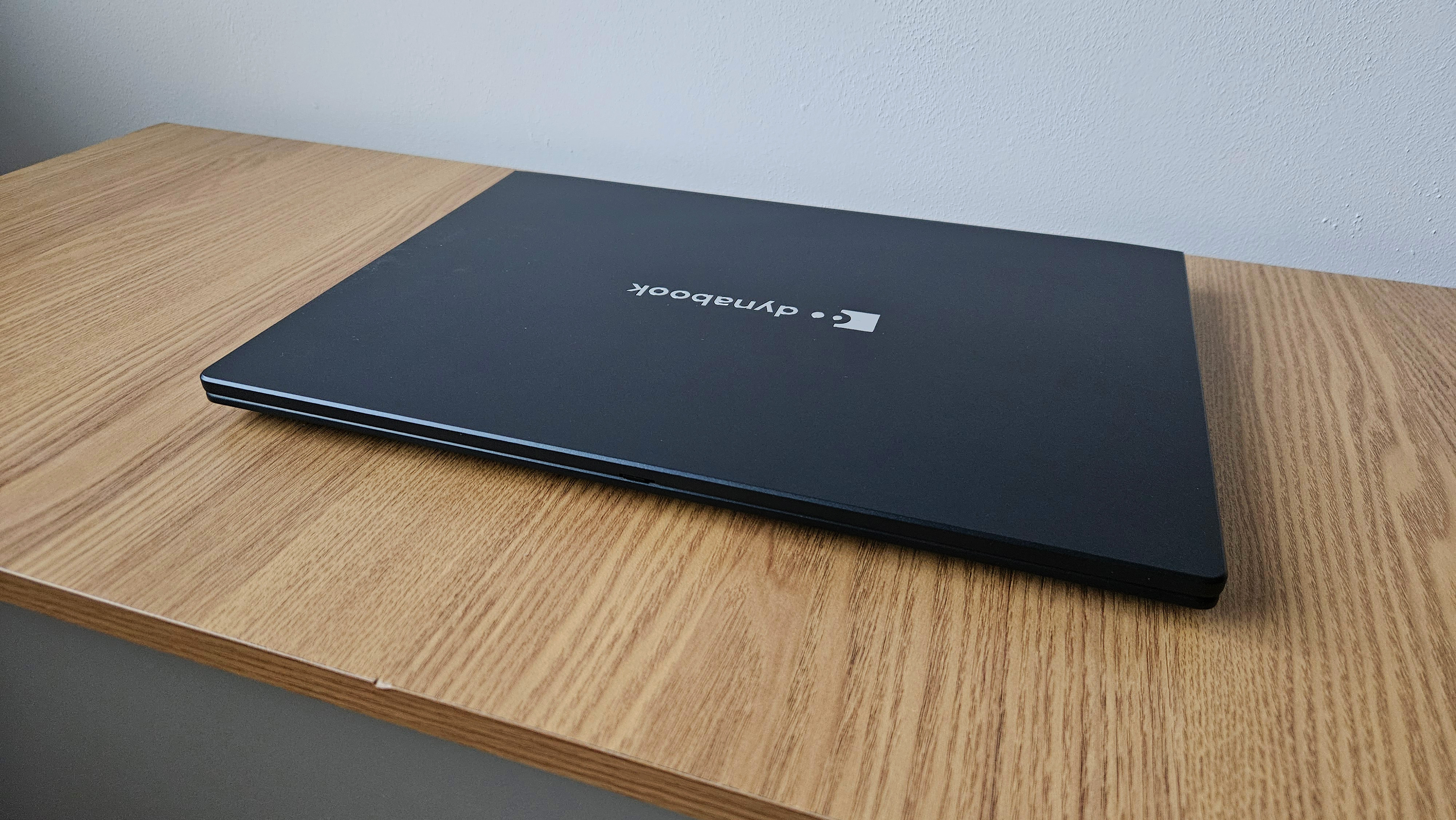Does your smartphone mean more to you than your folks?
A new study has revealed that people are more attached to their devices than their own family members


Sign up today and you will receive a free copy of our Future Focus 2025 report - the leading guidance on AI, cybersecurity and other IT challenges as per 700+ senior executives
You are now subscribed
Your newsletter sign-up was successful
Almost one third of people value their smartphones more than their parents, research has revealed.
A study conducted on behalf of Kaspersky Lab by the universities of Wurzburg and Nottingham Trent asked people to rank the importance of elements like family, friends, pets and electronic devices.
Using an online tool called PORD (Positioning Relations and Devices), participants were told to place an icon on a chessboard representing themself.
They then positioned icons representing people and devices relative to how important they felt they were, with closer proximity designating higher importance.
The results showed that 29.4 per cent of the study's participants ranked their smartphones of equal or greater importance to them than their own parents.
Furthermore, over 20 per cent said their smartphone was of equal or greater importance to their partner, while more than 15 per cent of subjects viewed their smartphone as equally important to themselves.
"This latest experiment further proves the strong emotional connection we have with our phones," said Kaspersky Lab's principal security researcher, David Emm.
Sign up today and you will receive a free copy of our Future Focus 2025 report - the leading guidance on AI, cybersecurity and other IT challenges as per 700+ senior executives
"Another interesting finding was that people rate their smartphones as far more important to them as laptops or other devices that hold the same degree of information, highlighting the symbolic role our phones have for us as digital companions, forever at our side."
Despite this apparent connection, however, a separate experiment carried out as part of the same study showed that we are worryingly nonchalant about handing over access to our beloved devices.
In this experiment, participants were sat in a waiting room, before being asked for their height (as a distraction tactic) and their phone's PIN code. A staggering 93 per cent handed over the code, with the majority not even questioning it.
"This is worrying," said Astrid Carolus, media psychologist at the University of Wrzburg and leader of the study, "because it suggests that we are willing to put our digital friends -- and the data they hold - at risk."
Adam Shepherd has been a technology journalist since 2015, covering everything from cloud storage and security, to smartphones and servers. Over the course of his career, he’s seen the spread of 5G, the growing ubiquity of wireless devices, and the start of the connected revolution. He’s also been to more trade shows and technology conferences than he cares to count.
Adam is an avid follower of the latest hardware innovations, and he is never happier than when tinkering with complex network configurations, or exploring a new Linux distro. He was also previously a co-host on the ITPro Podcast, where he was often found ranting about his love of strange gadgets, his disdain for Windows Mobile, and everything in between.
You can find Adam tweeting about enterprise technology (or more often bad jokes) @AdamShepherUK.
-
 Serving the needs of SMEs starts with vendors delivering partner success programs
Serving the needs of SMEs starts with vendors delivering partner success programsIndustry Insights Why vendors must support partners with SME-tailored solutions and collaborative programs if they are to succeed
-
 Dynabook Tecra A65-M review
Dynabook Tecra A65-M reviewReviews This 16-inch machine is light and portable, offering good connectivity and performance that render it punchy for its price
